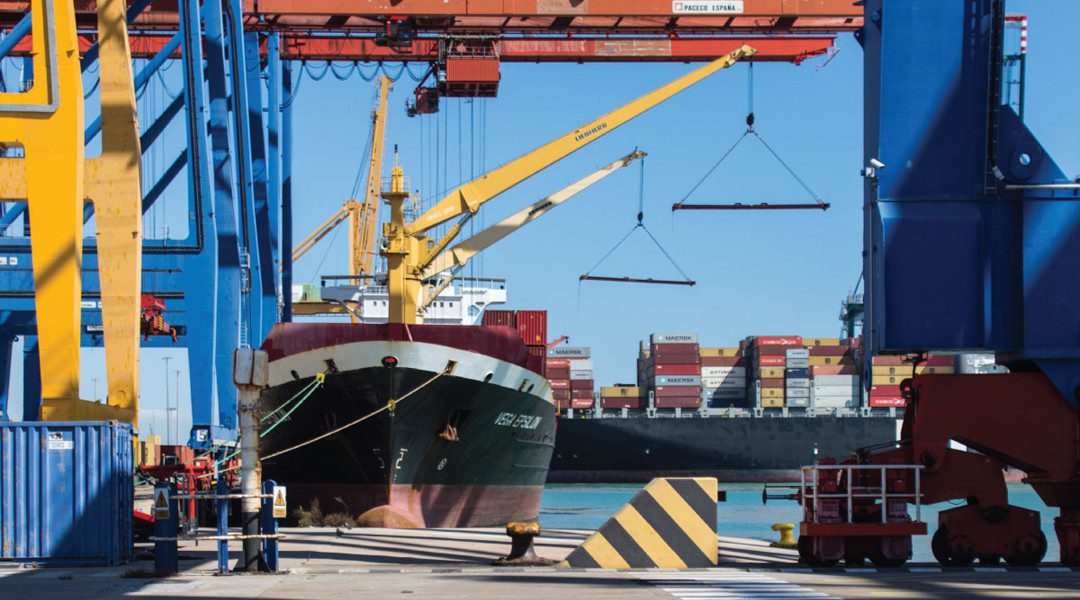A recent DNV study commissioned by the Maritime Just Transition Task Force, projects that maritime operations will experience an increased level of digitization and automation with the adoption of alternative fuel technologies in the shipping industry. This highlights the need for the industry to proactively identify and map the necessary skills and competencies essential for the successful implementation of decarbonisation-related technology.
Based on an extensive review of literature and sources, the study offers valuable insights into the essential training and skill requirements for seafarers in supporting a decarbonised industry. The classification society specifically identifies personal, organisational, and management skills as indispensable prerequisites for effectively harnessing the potential of upcoming decarbonisation-related technologies.
A comprehensive study conducted by Menon Economics highlights the crucial role of both individual and organisational competence in capitalising on the opportunities presented by digital and other emerging technologies. Moreover, the EU SkillSea report emphasises that the competencies currently defined by the STCW (Standards of Training, Certification, and Watchkeeping) will fall short for future seafarers. In addition to technical skills, leadership abilities, proficiency in language and communication, and soft skills for managing remote teams and individuals will be imperative. The study further emphasises the necessity of establishing a new operational paradigm that effectively integrates human expertise with digital technology.
According to the Hamburg School of Business and Administration, DNV underscores the importance of workers acquiring creative and social skills to meet the qualifications required for post-automation jobs. Additionally, effective management of the significant changes resulting from technological transformation will necessitate strong communication and negotiation abilities.
The IMO 2018 scenario projects that by 2050, approximately 310,000 seafarers will be sailing on ships equipped with alternative propulsion technology, necessitating additional training. In the Decarbonization by 2050 scenario, around 750,000 seafarers will require extra training to handle alternative fuels and technologies by 2050. The Zero Carbon by 2050 scenario, which assumes a rapid increase in the use of alternative fuels in the 2020s, indicates that approximately 450,000 seafarers will require additional training by 2030, and the number will reach 800,000 by the mid-2030s.
In both the IMO 2018 and Decarbonization by 2050 scenarios, there is a notable surge in the number of seafarers requiring training in alternative fuel technologies, with estimates ranging from 310,000 to 750,000 in the 2040s. In the Zero Carbon by 2050 scenario, the demand for specialised training for seafarers rises dramatically from the 2020s until 2050.
In both the IMO 2018 and Decarbonization by 2050 scenarios, the workforce of seafarers operating on /LPG-fueled ships is projected to grow by approximately 100,000 new seafarers per annum until 2038.
Extra precautions will most likely be necessary when it comes to handling alternative fuels in pressurised storage. There could be explosion risks, especially with fuels like hydrogen, methanol and ammonia. Proper training of seafarers is crucial to filling new roles and positions on board.
Before an adequate number of seafarers can be trained to handle the responsibilities arising from decarbonisation, several key factors must be considered. Firstly, there is a need for clarity regarding the specific technologies that require training and the corresponding regulations, as regulatory development processes can be time-consuming.
Secondly, careful planning, construction, and proper equipping of training facilities are essential to ensure the effective implementation of training programs.
Thirdly, defining the content of training programs and training a sufficient number of trainers to disseminate this new knowledge will pose significant challenges.
Lastly, there will be global competition for individuals skilled in dealing with alternative technologies, resulting in a scarcity of experienced and certified seafarers.
Skills to develop include the ability to market and promote greener products, advise end-users about green solutions and spread the use of green technologies. Workers will also need to understand how to implement new technology and operate with conventional fuels through adopting safety mindsets when working with new fuel types.





